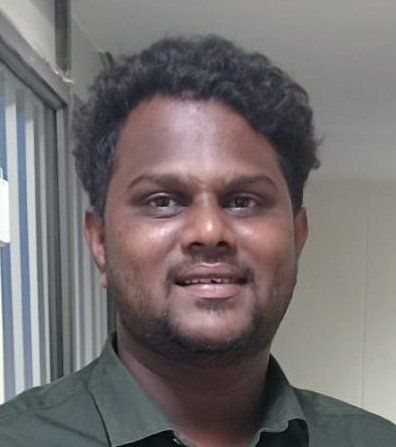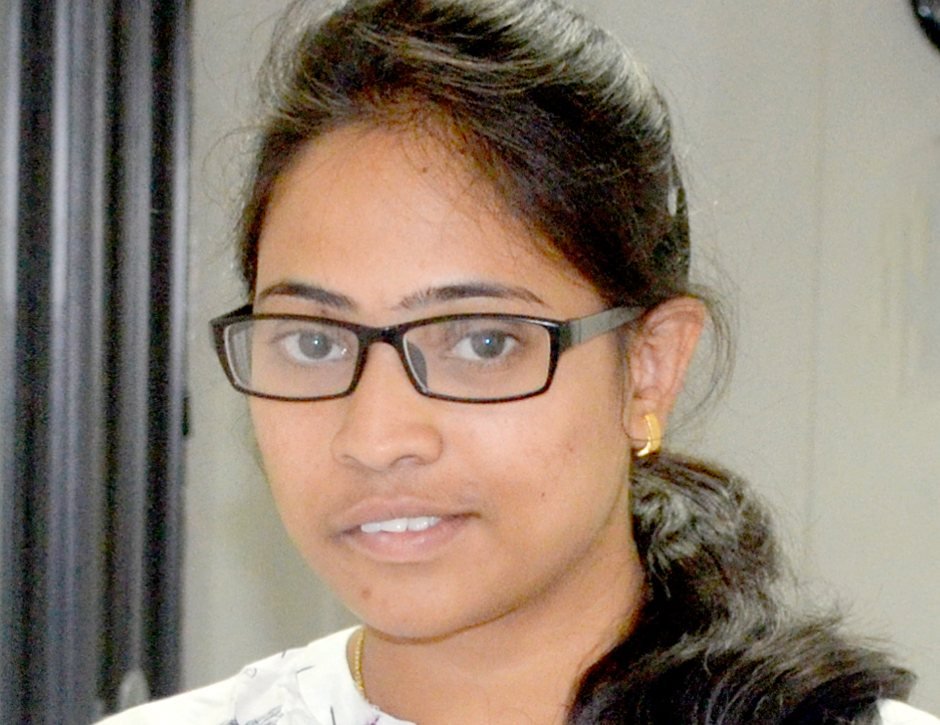- HYDERABAD
- VIJAYAWADA
- GUNTUR
- PUNJAB
- HYDERABAD
- VIJAYAWADA
- GUNTUR
- PUNJAB
PLAGIARISM
What Is Plagiarism?
Plagiarism is considered as an academic misconduct.
IEEE defines plagiarism as “the reuse of someone else’s prior ideas, processes, results, or words without explicitly acknowledging the original author and source.”
According to Duke University, plagiarism occurs when a student, with intent to deceive or with reckless disregard for proper scholarly procedures, presents any information, ideas or phrasing of another as if they were his/her own and/or does not give appropriate credit to the original source.
According to The University of Melbourne, “Plagiarism is the act of representing as one’s own original work the creative works of another, without appropriate acknowledgment of the author or source.”
University of North Carolina defines plagiarism as “the deliberate or reckless representation of another’s words, thoughts, or ideas as one’s own without attribution in connection with submission of academic work, whether graded or otherwise.”
The University of Melbourne sets the following as examples of plagiarism:
- Copying directly (or allowing to be copied) paragraphs, sentences, a single sentence, or significant parts of a sentence. An end reference without quotation marks around the copied text may also constitute plagiarism;
- Copying ideas, concepts, research results, statistical tables, computer programs, designs, images, sounds text or any combination of these;
- Paraphrasing of another’s work closely, with minor changes but with the essential meaning, form, and/or progression of ideas maintained;
- Relying on a specific idea or interpretation that is not one’s own without identifying whose idea or interpretation it is;
- Cutting or pasting statements from multiple sources or piecing together the work of others and representing them as original work;
- Presenting as independent, work done in collaboration with other people (e.g., another student, a tutor);
- Submitting, as one’s own, all or part of another student’s original work;
- Preparing an original and correctly referenced assignment and submitting part or all of the assignment twice for separate subjects or marks;
- Cheating in an exam, either by copying from other students or by using unauthorized notes or aids.
Duke University adds plagiarism charges can be brought against a student for the following offenses:
- Copying, quoting, paraphrasing, or summarizing from any source without adequate documentation
- Purchasing a pre-written paper (either by mail or electronically)
- Letting someone else write a paper for you
- Paying someone else to write a paper for you
- Submitting as your own someone else’s unpublished work, either with or without permission.
How Serious Is Plagiarism?
Plagiarism is a growing concern and can have disastrous consequences. Since it is considered a form of cheating, students who are found to have plagiarized could face course failure, suspension, or even dismissal from the University. When you represent the thoughts, research, writings, etc, of other people as your own without adequately crediting the source, you are guilty of intellectual fraud which is unacceptable in the academic world. Plagiarism is more or less considered as an academic crime.
What Are The Consequences Of Plagiarism?
According to IEEE, plagiarism in any form is unacceptable and is considered a serious breach of professional conduct, with potentially severe ethical and legal consequences.
How To Avoid Plagiarism?
It is a matter of fact that knowledge builds upon knowledge.
Most of the time we generate our own ideas by building on experiments, studies, ideas, and experiences of others.
When you submit an academic assignment, it is imperative to distinguish between the source or building blocks on which your ideas are based, and the conclusion you have drawn or your perspectives.
Paraphrasing and proper citation or referencing are keys to avoiding plagiarism. It not only acknowledges the source of information but also indicates the range and depth of your research.
Conclusion
Accurate referencing not only supports your arguments but also helps to avoid plagiarism. The Harvard style provides a clear and consistent method for acknowledging sources of information. By following the guidelines outlined above, you can ensure that your academic writing is both credible and ethical.
The key is to start early instead of waiting till the last hour. Research takes time. A good thesis or project demands adequate literature search and reading. Referring to books, reading multiple books, taking notes, compiling notes together, understanding and summarizing notes, evaluating your ideas, seeking advice, consulting peers and group members, proofreading, etc., are all time-consuming. While taking notes, do not forget to cite sources because going back later in search of details for citations could be a herculean task. Start working on your project or thesis early to give yourself adequate time to complete your assignment successfully and score high.
Plagiarism Is An Academic Landmine.
If stepped upon, it could get you dismissed from the University, let alone your project or thesis being disqualified!
Contact us Now
SUCCESS STORIES
















